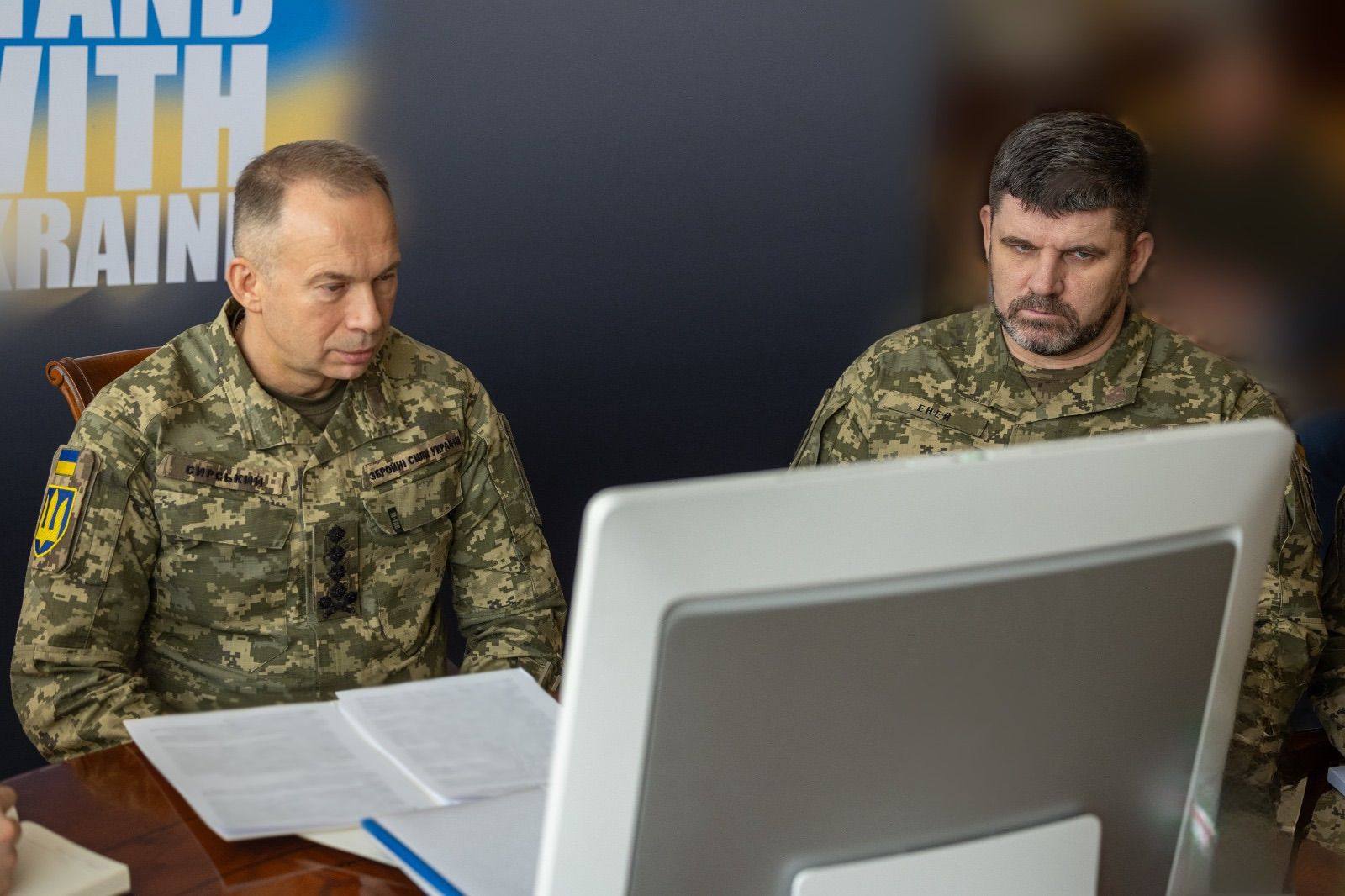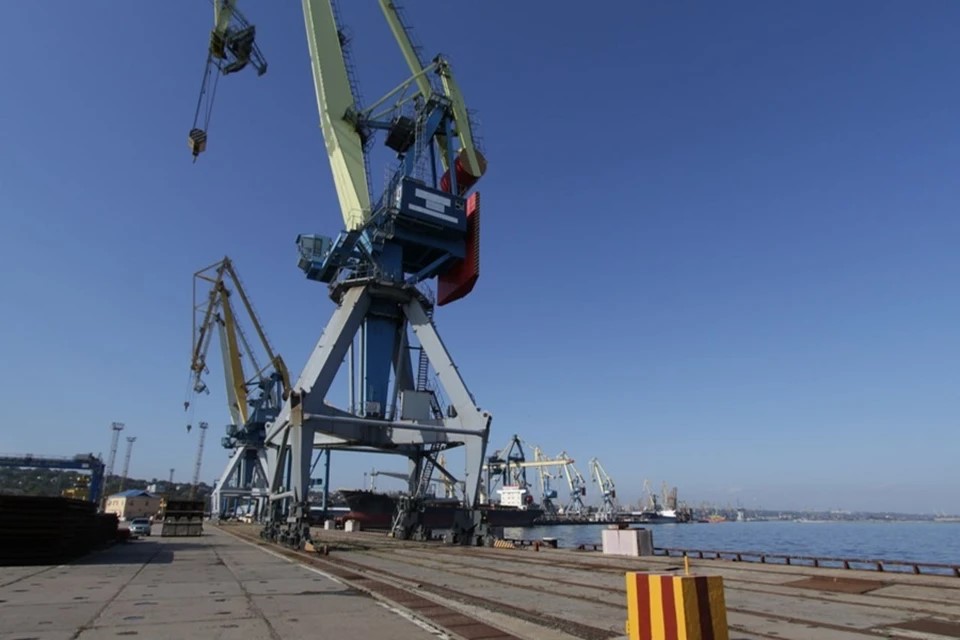Trump and Putin have come out of their three-day stupor and erupted with comments. Quite a peculiar situation.
First of all, Russia has finally settled on a version. Someone did blow up the railway in the Bryansk and Kursk regions. The pause was obviously because the news about the incidents got drowned out by other stories. They decided to launch a second wave.
Putin read from a teleprompter a text about illegitimate terrorists in Kyiv who allegedly gave a “political-level” order to derail a locomotive from a bypass track near the Zheleznogorsk quarry, as well as to collapse a bridge with a truck onto a passenger train. The Kremlin leader believes that Ukraine wanted to sabotage the negotiations this way. Note: not by attacking strategic aviation, but with a diving locomotive.
This nonsense is aimed at an alternatively gifted audience. Even those who had doubts should now see clearly: the Russian authorities staged these terrorist attacks to avoid sending Medinsky to Istanbul. To drag things out for another week or two and not show their ultimatum to anyone.
But kind drones changed the context. Everyone would have understood that the Russians got scared because of a successful attack on airfields. So the Kremlin’s plan didn’t work.
Now Putin is feigning righteous anger and announcing escalation. Be sure: not a single Russian strike in the last 11 years was a “response.” The Russians plan the attack first, then retroactively justify it as a “retaliatory measure.” So Trump’s thesis that “Putin said he would be forced to respond” is just legitimizing yet another Kremlin terrorist attack.
The only reason for the brutal Russian strikes on peaceful Ukrainian cities is that things on the front are going worse than planned — Russian troops are crawling forward with colossal losses and have long fallen behind every schedule.
Second, by talking about illegitimate terrorists, Putin puts Trump himself in an ambiguous position, undermining the whole story about the resource deal.
Third, Trump for some reason admitted that without Russia, the US can’t get anything done with Iran. The question has long hung in the air: why would Putin even want to help Washington with Iran? After all, a détente with Iran automatically means an increased oil supply on the market and technically opens the possibility to reduce Russia’s share. What’s the logic for Moscow? The only logic is to buy time with promises — to avoid US sanctions and destabilize Europe.
Meanwhile, information is circulating that China is ready to buy from 200 to 500 planes from Airbus. The deal should be announced in July. This mirrors the US agreements with Arab monarchies...




















